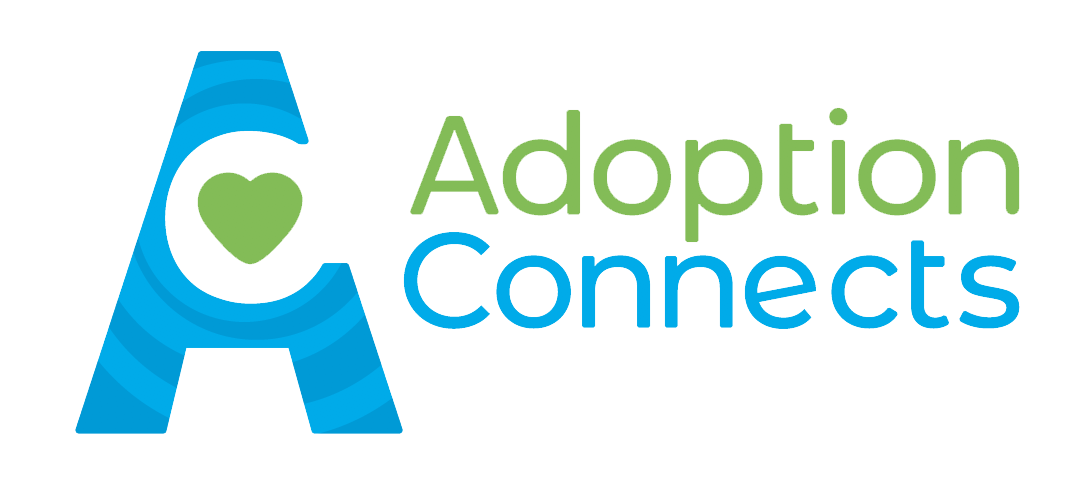Adoption and financial support
There’s lots to think about when deciding if adoption is right for you. Stable finances are important, but money shouldn’t be a barrier to taking the next step. This guide helps you think through both the costs and the support available on your journey to becoming a parent by adoption.
How much money do you need to adopt?
There’s no fixed household income you need to earn or have saved to adopt a child. But you will need to show you have a stable income and lifestyle.
You can ask us any questions you may have about your circumstances. If you decide you’d like to adopt, we’ll ask questions in a more formal assessment to understand:
how you earn, spend and save your money
how you make financial decisions in your family
how you manage debts, such as credit cards or a mortgage
how you manage any benefits, such as for unemployment or a disability.
We’re not here to judge. It can feel awkward talking about money and sharing things like bank statements, but it’s best to be open and honest so we can help make the best decision for you.
The information also helps us to recommend any financial support you and the children you adopt may be entitled to.
How much does it cost to adopt a child in the UK?
There are no fees to adopt from UK agencies like Adoption Connects. There may be other initial costs, such as your adoption medical, travel to meet-ups and an adoption application fee, but we may be able to provide some financial support for these if needed.
Like anyone becoming a parent, you’ll be thinking about the day-to-day costs of raising your child, as well as the special spending for things like gifts, days out and holidays.
Money Helper has useful calculators and resources on becoming a parent.
Adopting when you don’t own your home
You need a fixed and permanent home to provide a stable base for your child. But you don’t need to be a homeowner to adopt – adopting as a renter is welcome.
Depending on your circumstances, you could get help with your home to make adoption possible. For example, if you live in social housing and need an extra room for a child, some councils may be able to support you in moving to a larger home. Have a chat with your housing provider to find out if this is possible.
Time off work – adoption leave and pay
Taking time off work during adoption is important to help your child settle in and to bond as a family.
If you or your partner are employed, by law you could be entitled to up to 52 weeks off work. This is called Statutory Adoption Leave. You can also take up to 5 extra days off work for adoption meetings and appointments.
You may also be entitled to Statutory Adoption Pay, which you’ll receive for 39 weeks instead of your salary.
Many parents save up their annual leave to boost the time they can spend settling in, and you can also look at splitting leave allowances if you have a partner.
Talk to your HR team to find out what you’re entitled to – they may offer ‘enhanced’ adoption pay, which gives you an extra top-up.
Adopting when you’re self-employed
You don’t need to be employed to adopt, but unfortunately, there aren’t any entitlements to paid leave when you’re self-employed.
If you’re a single parent or the only earner in your family, we may be able to offer support to help you spend more time with your child after adopting them. This isn’t guaranteed though; it will depend on your child, their circumstances and your financial stability.
Understanding what support is available for you and your child
Adoption is about finding a child their best possible family and future.
If you feel money’s a barrier, we’re here to help you think it through, and we’ll explain the practical and financial support available. Everyone’s circumstances are different, so talking to us is the best way to find out where you stand.
Before a child is adopted, we create an adoption support plan. This sets out clearly any support we think they’ll need now and in the future – including therapeutic or financial needs.
If circumstances change and you think you need extra help, you can ask for an assessment for adoption support at any time up until your child is 18.
Below are two key sources of funding, which are both means-tested – this means that receiving them depends on your finances and your child’s needs.
Read more about the practical support for adoptive families on the Adoption England website.
Settling-in grants
These are one-off or short-term payments for large items, especially when you’re adopting siblings. They could help towards new beds or a double buggy, for example.
Adoption allowance
Adoption can have its ups and downs. Children who are adopted may have extra, ongoing needs because of experiences at the start of their lives.
An adoption allowance can help towards these extra expenses, ensuring you and your child feel supported by covering things like:
therapeutic services
counselling
more time for you to be at home
contact time with your child’s birth family.
Find out more and get in touch
It’s normal to have questions about the adoption process, and we are here to support you every step of the way.
Come along to an information session or get in touch with any questions. We’ll treat any financial information you share respectfully and confidentially.

